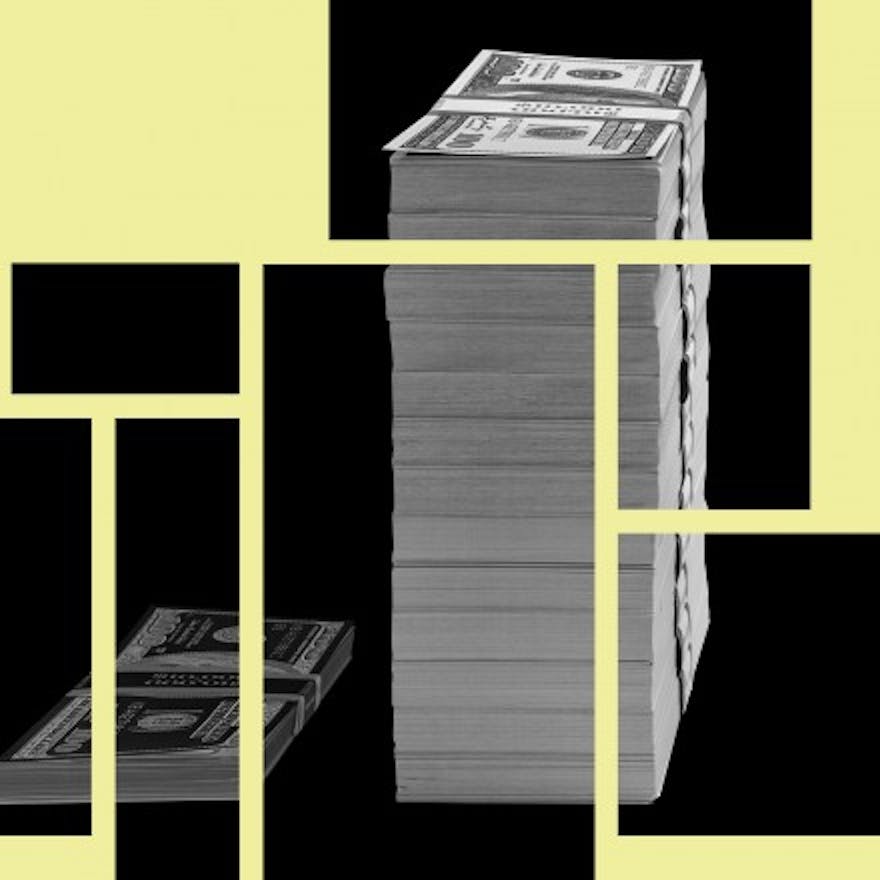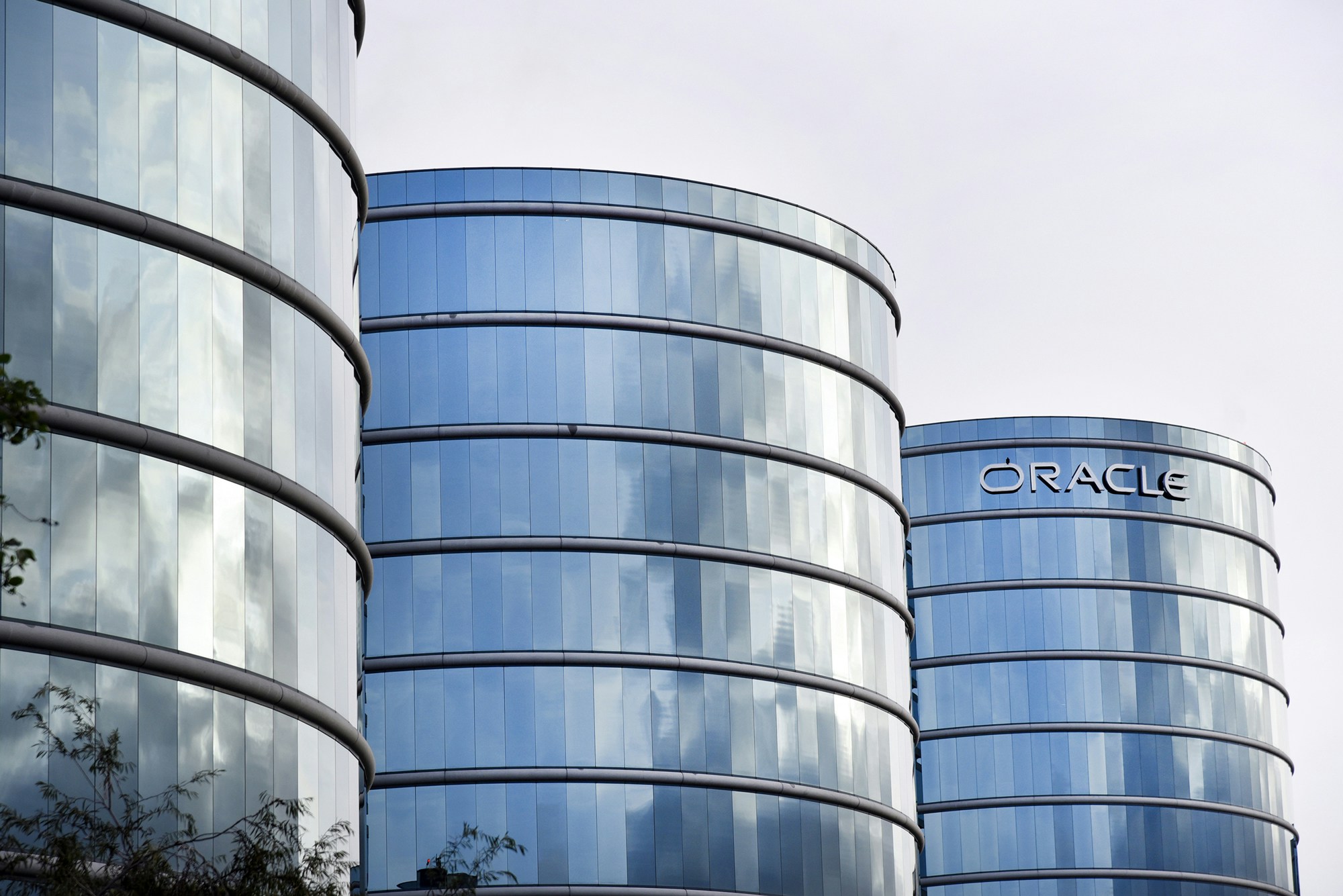WHY JOE MANCHIN IS A DICK
BIG OIL FRACKS HIS STATE
Shale natural gas production in the Appalachian Basin sets records in first half of 2021

Dry natural gas production from shale formations in the Appalachian Basin that spans Pennsylvania, West Virginia, and Ohio has been growing since 2008, and monthly production has recently set new record highs. Production in the region reached 32.5 billion cubic feet per day (Bcf/d) in December 2020, and it averaged 31.9 Bcf/d during the first half of 2021, the highest average for a six-month period since production began in 2008. The Appalachian Basin contains two shale formations, Marcellus and Utica, which accounted for 34% of all U.S. dry natural gas production in the first half of 2021. On its own, the Appalachian Basin would have been the third-largest natural gas producer in the world the first half of 2021, behind Russia and the rest of the United States.

Record-high dry natural gas production in the first half of 2021 was made possible by growth in pipeline takeaway capacity that allows natural gas produced in the Appalachian Basin to reach other demand markets, especially in the Midwest. From 2008 to 2020, total pipeline takeaway capacity from the Northeast increased from 4.5 Bcf/d to 24.5 Bcf/d, alleviating some congestion and supporting higher wholesale natural gas prices in the region. Most of the increase in takeaway capacity happened between 2014 and 2020, when pipeline capacity increased by 16.5 Bcf/d, much of which was directed to the Midwest.
Pipeline takeaway capacity from Appalachia to Canada and to the Southeast has also increased. Recent expansions of pipeline capacity in the Southeast are supporting growth in exports of U.S. liquefied natural gas.
Although natural gas pipeline capacity out of the Northeast has grown every year since 2014, the rate of increase has slowed and recently has not kept pace with growth in regional production. The Mountain Valley Pipeline is the largest natural gas pipeline currently being constructed in the region and is targeted to enter service in 2022. The pipeline will move natural gas from northwestern West Virginia to southern Virginia, extending the Equitrans transmission system to the Transcontinental Gas Pipeline Company’s Zone 5 compressor station 165 near Gretna, Virginia. It is designed to move 2.0 Bcf/d of natural gas and is intended to further alleviate pipeline congestion. Pipelines tend to be most full in the region during the late summer when consumption of natural gas within the region is typically at its lowest.
Principal contributors: Corrina Ricker, Warren Wilczewski










